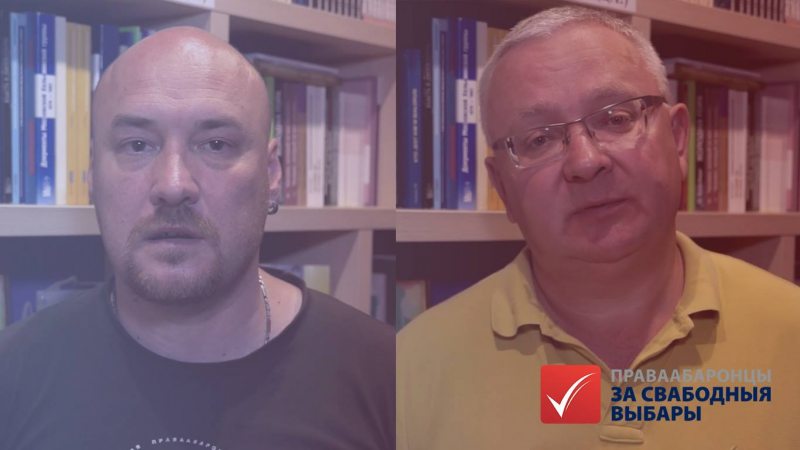Observers report little political pluralism in formation of election commissions
Observers of the Human Rights Defenders For Free Elections campaign have summed up one of the key stages of this year’s parliamentary election, which will significantly affect the final assessment of the vote. The experts analyzed the formation of election commissions taking into account the announced new approaches that were expected to be applied by local executive and administrative bodies.
Formation of territorial and district election commissions is the main mechanism of the electoral process, which significantly affects the defining characteristics of elections, including the level of freedom and their democratic nature.
The campaign’s report on the results of monitoring the formation of TECs and DECs highlights the general trends that can be traced at this stage of the election, and analyzes whether the new practices announced by the CEC have contributed to the political pluralism of the election process.
“Some changes did happen, but the outcome of these procedures remained intact,” Aleh Hulak, chairman of the Belarusian Helsinki Committee and the campaign coordinator said.
It is also stressed that during the discussion of the characteristics of candidates advantage was given to representatives of pro-government political parties and public associations. It is emphasized that the lack of clear selection criteria results in the selective approach in the formation of election commissions. Thus, the experts have concluded that the CEC’s Decree No. 18, which, inter alia, proposed to discuss the business and political qualities of applicants, in practice did not contribute to greater political pluralism in the formation of TECs and DECs.
“The law should provide for certain guarantees that would allow all actors involved in the elections have their representatives in the elections commissions,” says election expert Valiantsin Stefanovich.
Citing statistics, the analysts say that the representation of political parties in TECs and DECs remains low (24.2% and 13.6%, respectively) as compared to the representatives of public associations (51% and 54.3%, respectively).
As before, the main administrators of the elections are representatives of the five largest pro-government associations — Belaya Rus, Belarusian Republican Youth Union, the Belarusian Women's Union, the Belarusian Public Association of Veterans, and the Belarusian Federation of Trade Unions. The total percentage of their representatives in the composition of TECs and DECs is 40% and 42.3%, respectively.
The observers deplore the “traditionally low” representation of opposition parties — 31.2% of the nominated amount in TECs and 19.4% — in DECs.
See more details in the analytical Report on the formation of territorial and district election commissions prepared by the campaign “Human Rights Defenders for Free Elections”.
The campaign "Human Rights Defenders for Free Elections" is a non-partisan initiative and does not intend to support political parties and politicians. The entire election process is assessed solely on the basis of the principles of free, democratic and transparent elections, which can enable the people of Belarus to fully exercise their constitutional right to participate in the government of the country.



